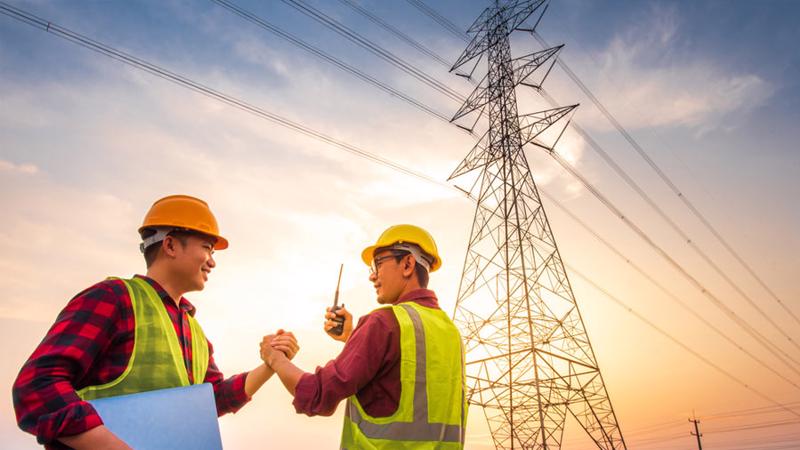The Vietnamese government has instructed officials to carefully study pricing, transmission fees, and other costs as they finalize a plan that would allow renewable energy producers to sell power directly to large consumers.
The move is part of a broader effort to promote sustainable energy in the country, but the government wants to avoid destabilizing the existing power market that is largely controlled by the state-owned utility, Vietnam Electricity (EVN).
The contemplated policy, known as a Direct Power Trading Agreement (DPTA) mechanism, would give large users like factories a route to tap green power while bypassing the state-controlled grid.
This has the potential to accelerate the adoption of solar and wind energy in Vietnam.
Balancing Progress with Market Stability
In a statement issued by The Office of The Government (OOG), the government acknowledged that developing a competitive electricity market is "particularly important" for mobilizing private investment and easing the financial burden on the government and EVN, which currently has a monopoly.
However, it emphasized the need for carefully constructed pricing mechanisms and transmission rules, along with an assessment of the DPTA's impact on EVN.
The Ministry of Industry and Trade, the lead agency on the issue, has been ordered to submit the finalized DPTA decree to the government by May 15th.
Rooftop Solar and Natural Gas
In addition to the planned DPTA mechanism, the government is also accelerating the development of two other decrees that could reshape Vietnam's energy mix.
One would promote self-generation and consumption of rooftop solar power, and the other provides a framework for developing power projects fueled by natural gas and liquefied natural gas (LNG).
Both of these measures, the OOG document says, would allow businesses and citizens to take greater control of their energy needs. This would reduce pressure on the national power system while promoting cleaner energy sources.
However, the planned rooftop solar decree has raised some concerns. The government wants clarity on what constitutes "self-consumption" of solar power, and it also wants to specify the roles of other ministries – such as construction and public security – in ensuring that rooftop installations adhere to fire safety and technical standards.
The aim is to ensure that the regulations go into effect immediately upon passage, eliminating delays caused by waiting on supplemental guidance documents.
The planned decree will also have to address the roles of the state and state-owned firms in investment and infrastructure around gas production, imports, storage, and distribution.
The government is particularly keen to understand how the policy will shape prices and ensure dependable access to this increasingly strategic fuel.
The Ministry of Industry and Trade has also been directed to submit both the rooftop solar and natural gas decrees to the government in May.









 Google translate
Google translate